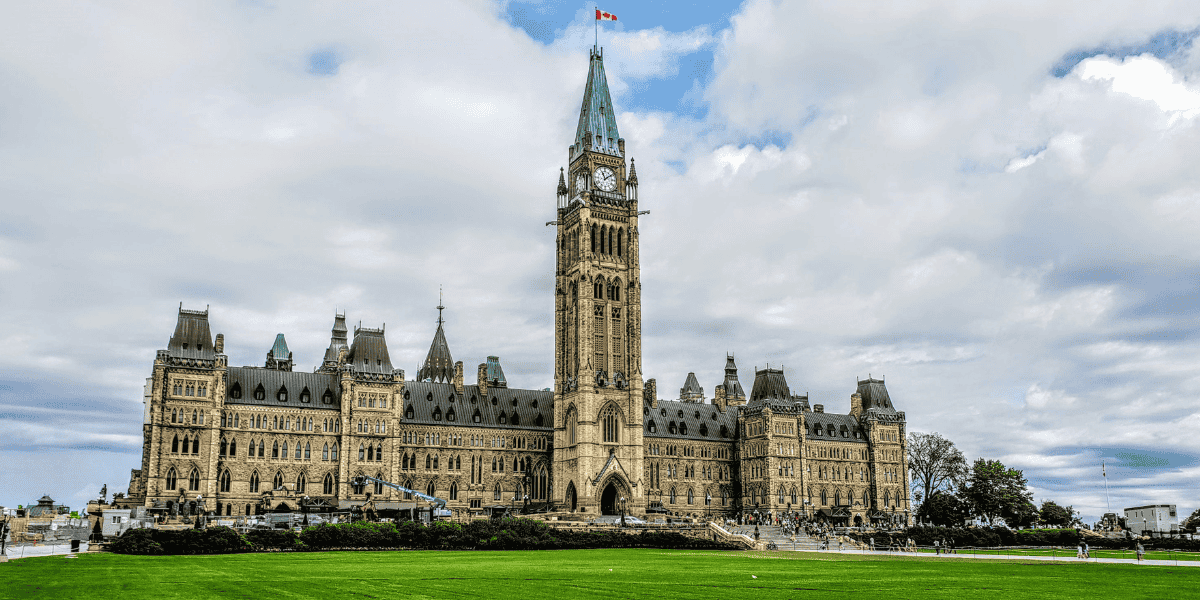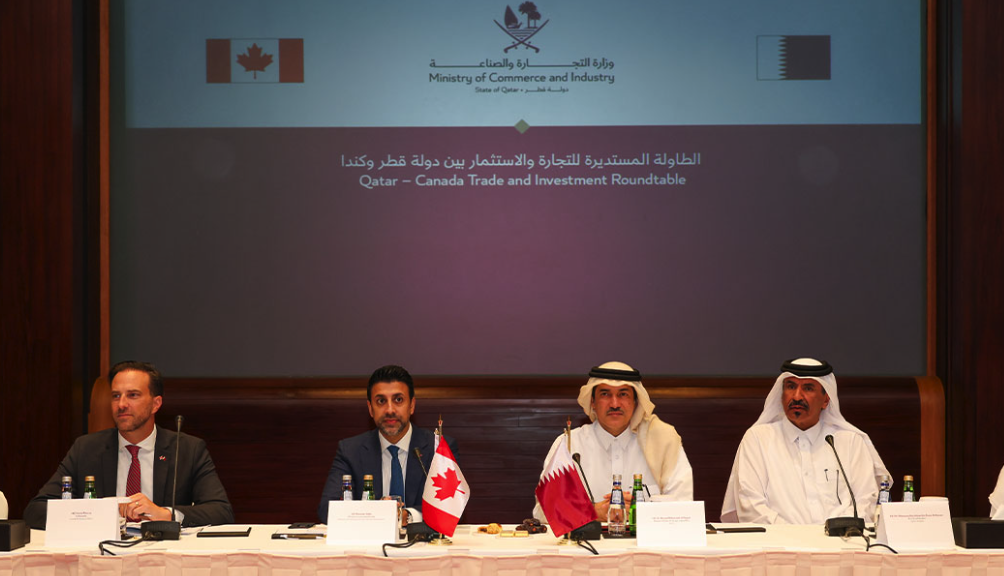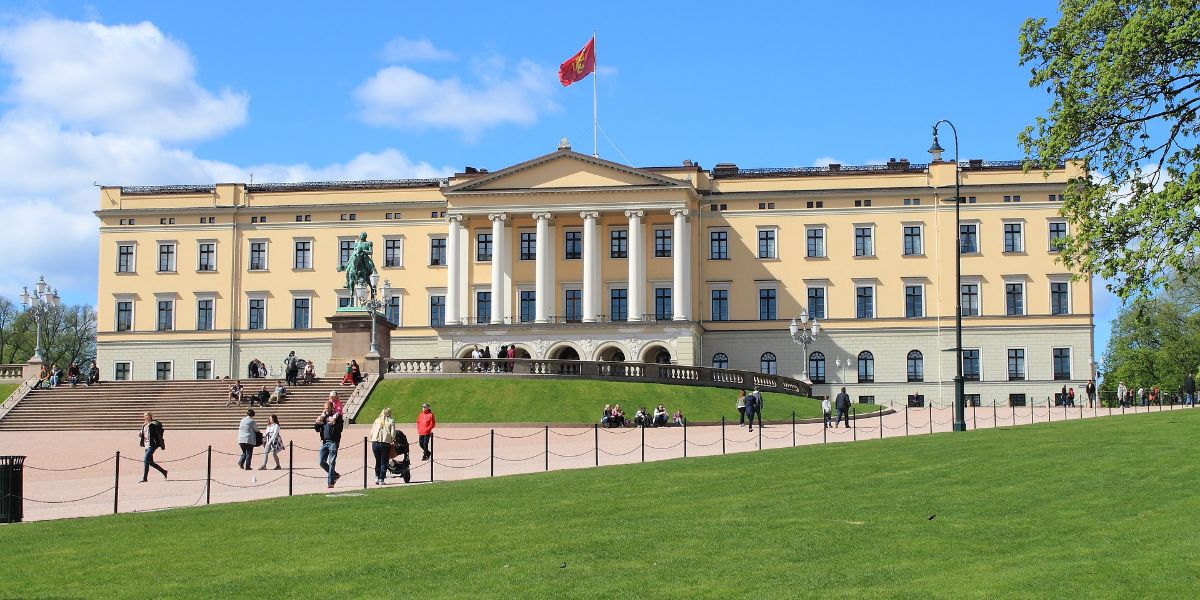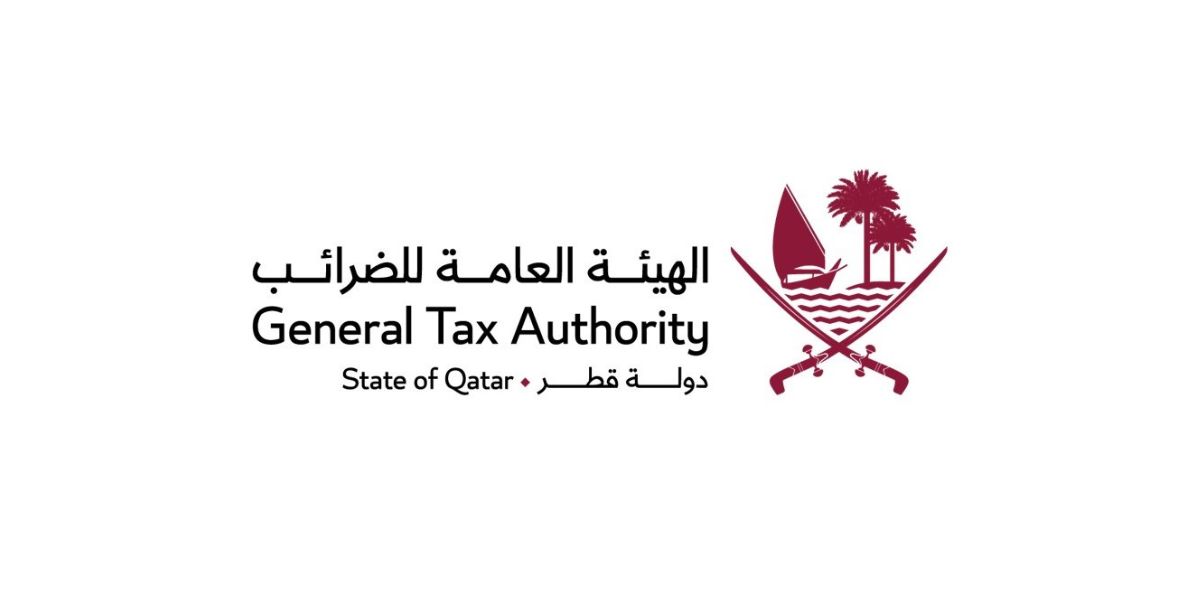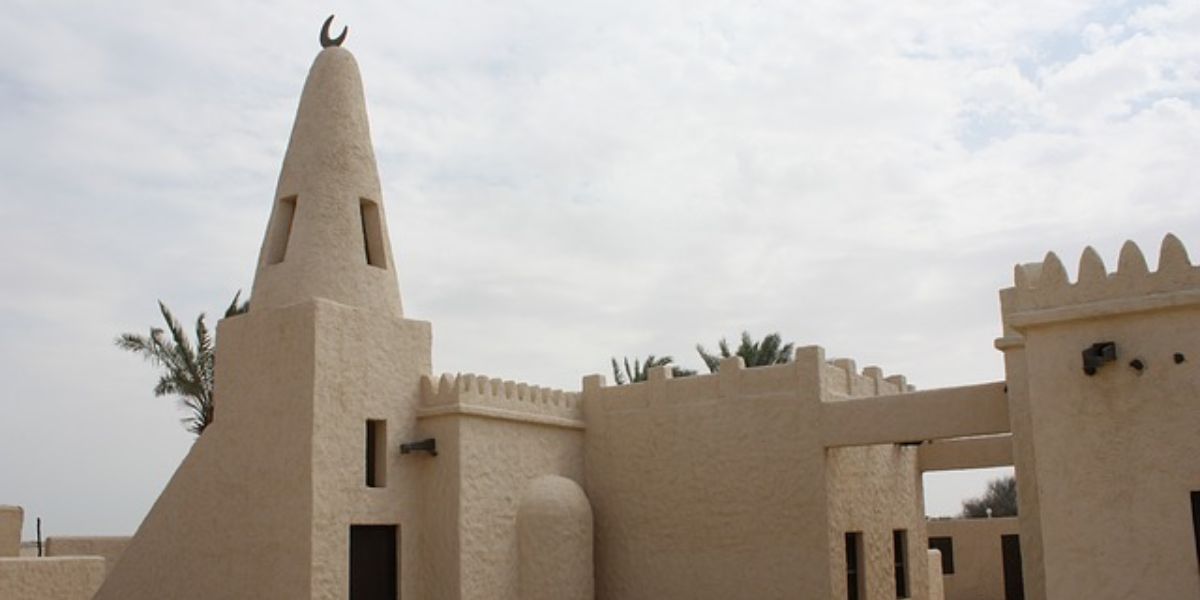On 2 April 2015 the IMF published on its website a staff report and selected issues paper in respect of discussions with Qatar under Article IV of the IMF’s articles of agreement. The IMF has looked at the economic situation and has made recommendations on fiscal policy. Qatar’s economic growth is expected to remain strong this year but to slow down later, however non-hydrocarbon growth will remain in double figures.
In the view of the IMF Qatar’s fiscal policy is still sustainable but owing to the fall in oil prices revenue-raising measures must be considered. Currently the revenue raised by the government depends strongly on oil prices and production. Although direct revenue from oil and gas is around 60% of total revenue, all the investment income and most of the corporate income tax revenue comes from Qatar Petroleum so in reality more than 90% of government revenue is oil revenue.
The non-oil revenue currently comes from the 10% corporate income tax levied on foreign companies; the 5% to 7% withholding tax charged on some payments to non-residents; the 5% customs duties and certain fees.
By raising more non-oil government revenue Qatar can ensure inter-generational equity. The IMF’s selected issues paper considers various measures to increase non-oil revenue. These measures include broadening the corporate income tax and introducing a broad based value added tax (VAT) with a low standard rate.
The IMF considers that low tax rates and broad tax bases would generally not have an effect on investor or consumer behavior. Qatari companies and Gulf Cooperation Council (GCC) companies could be included within the scope of the corporate income tax, creating a broader based corporate income tax that appears fairer to foreign investors. Also the broader corporate income tax could be extended to unincorporated entities, thereby lessening the need for an income tax on individuals. This measure could collect tax revenue of around 2% of non-oil GDP.
A value added tax is a stable source of tax revenue that does not affect investment decisions. A broad based VAT introduced at a low rate would collect tax revenue without high costs of collection. A VAT would be relatively neutral and the effectiveness of tax administration would be boosted. Progress on the VAT depends however on how quickly the relevant frameworks are agreed among the countries of the GCC which has committed itself to introducing VAT in the medium term.
Government fees can be raised if they are currently not covering the cost of the government goods and services, but they should not be raised merely to generate revenue as this is an inefficient way of raising revenue. Higher fees may encourage further supply of goods and services even if the supply is inefficient and higher fees are not equitable and expensive to administer. The IMF considers that a single-rate VAT would be more efficient and neutral.











